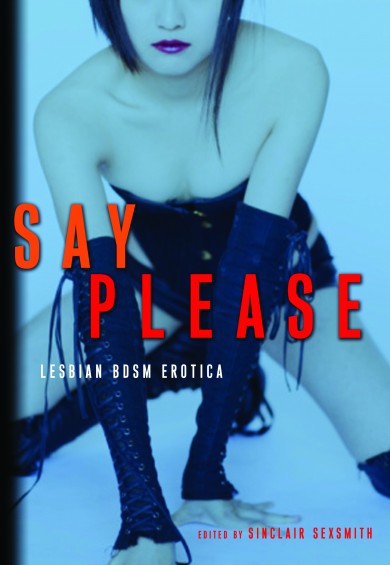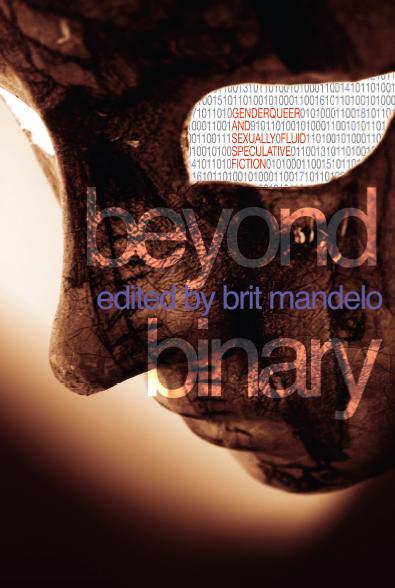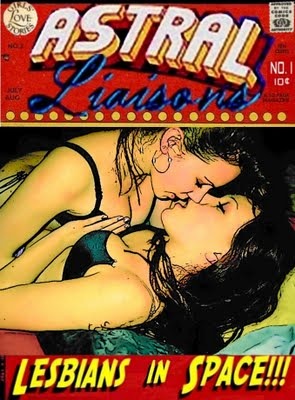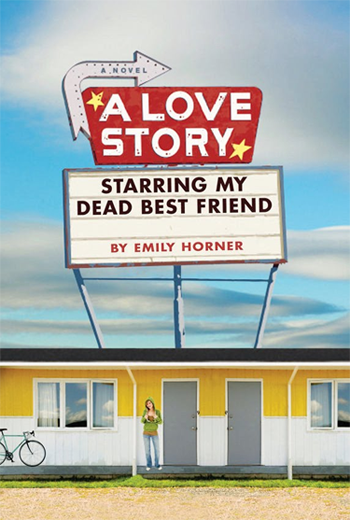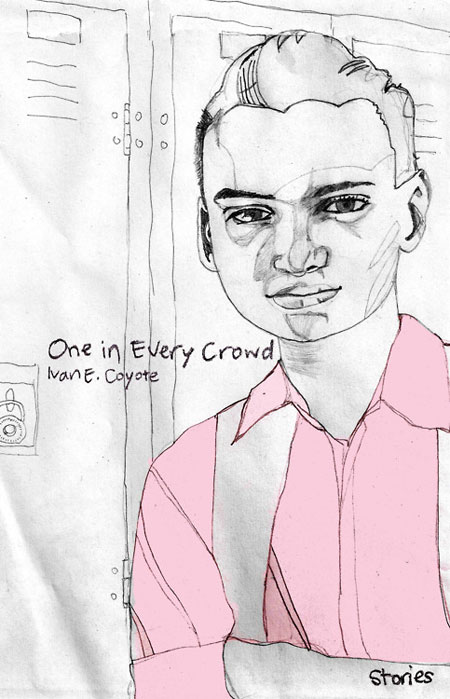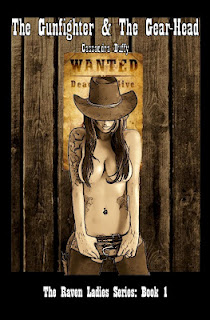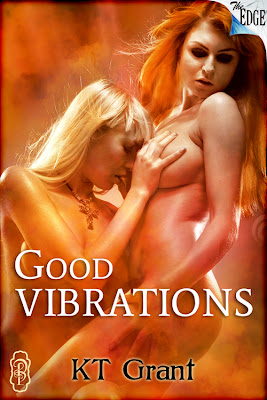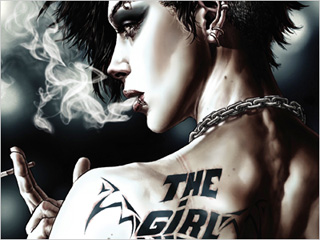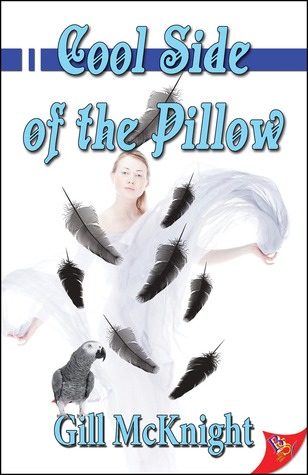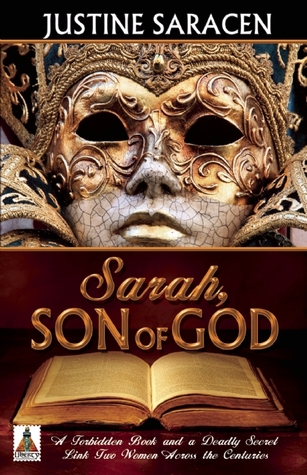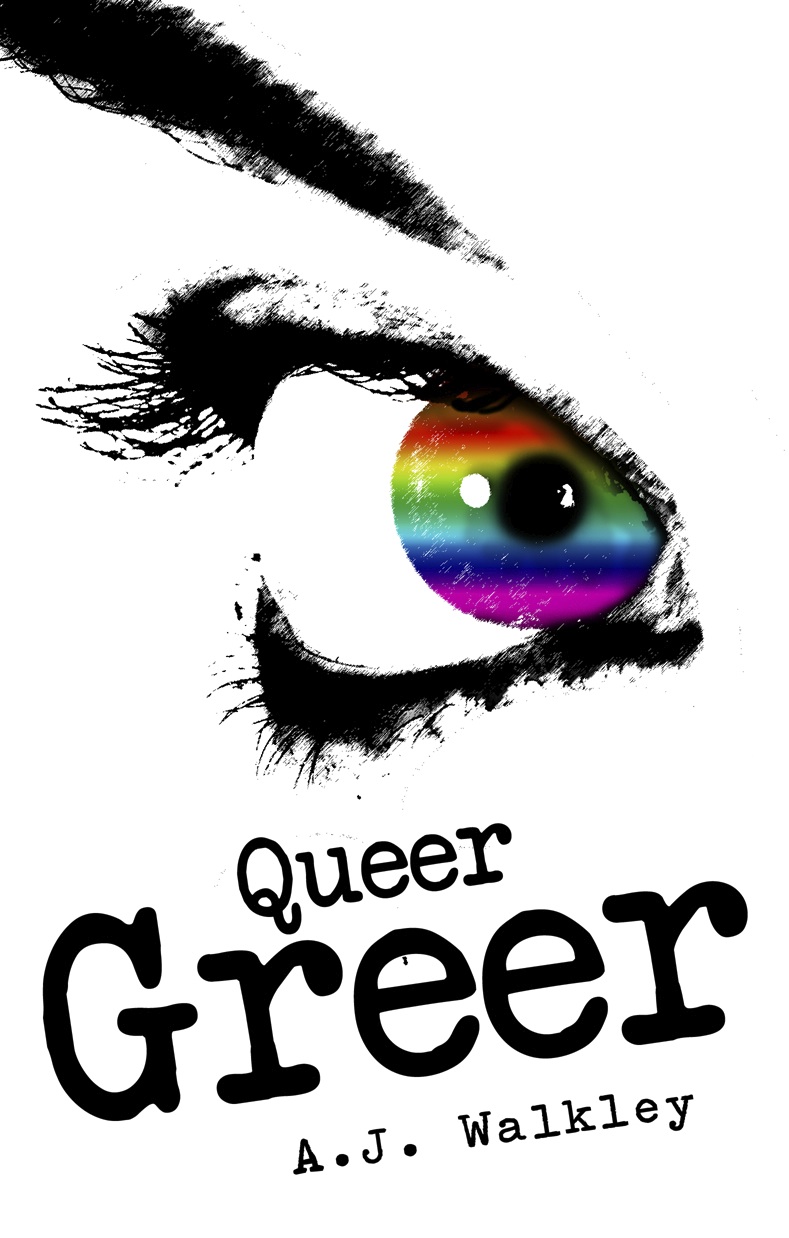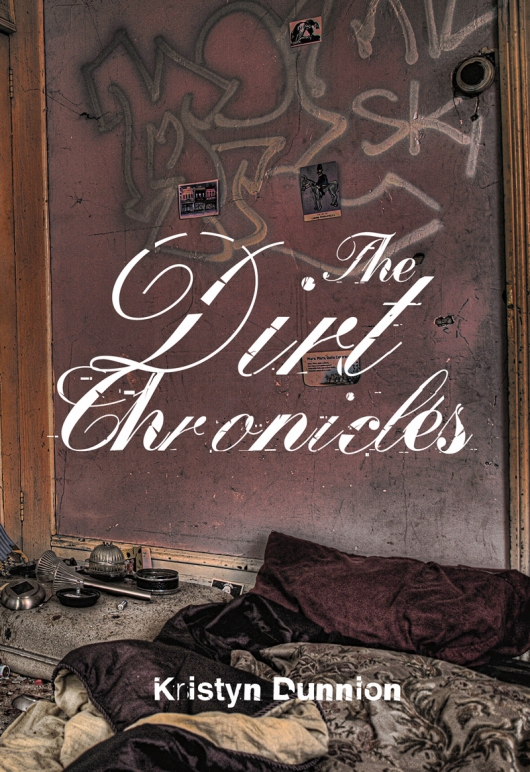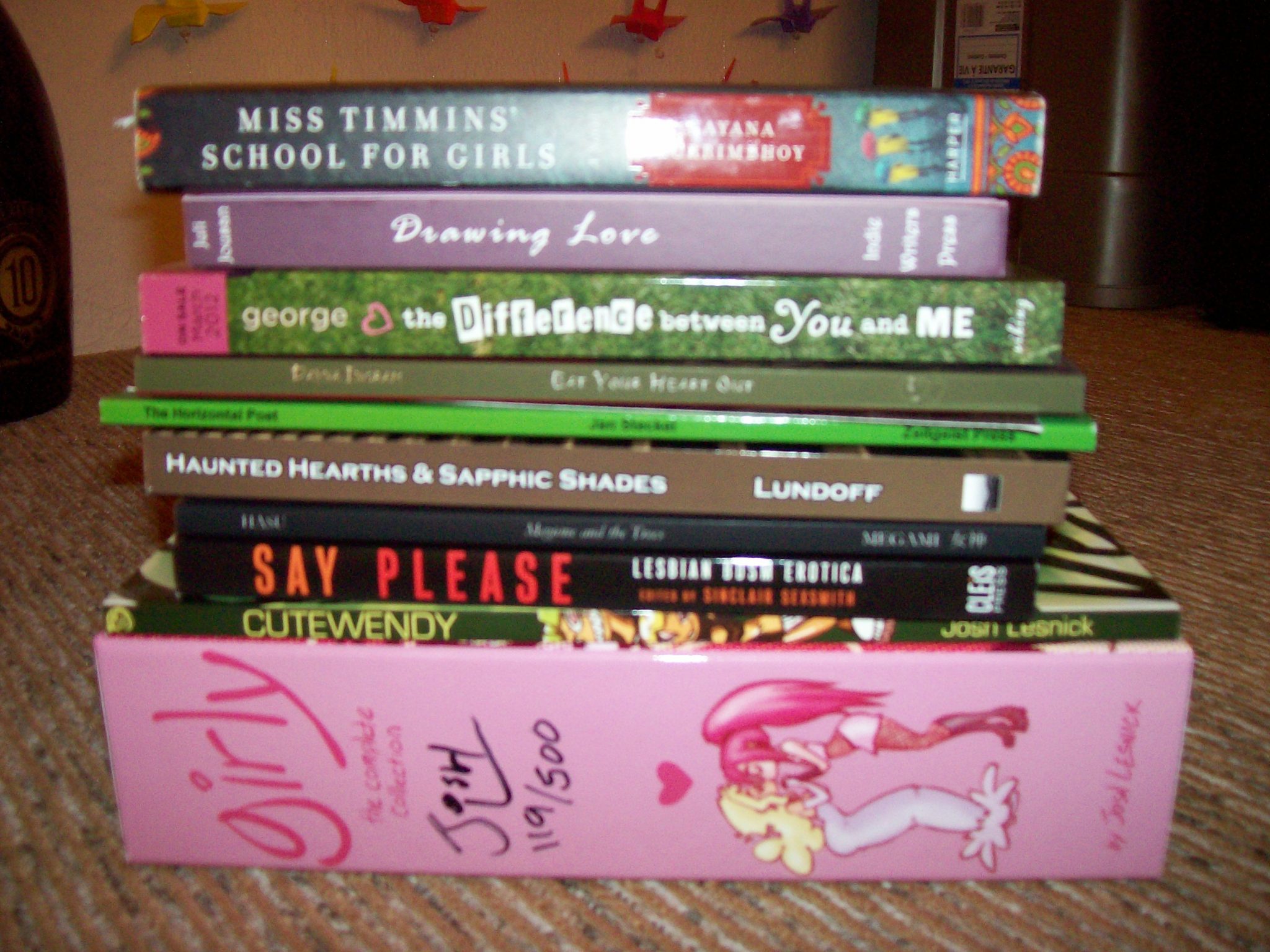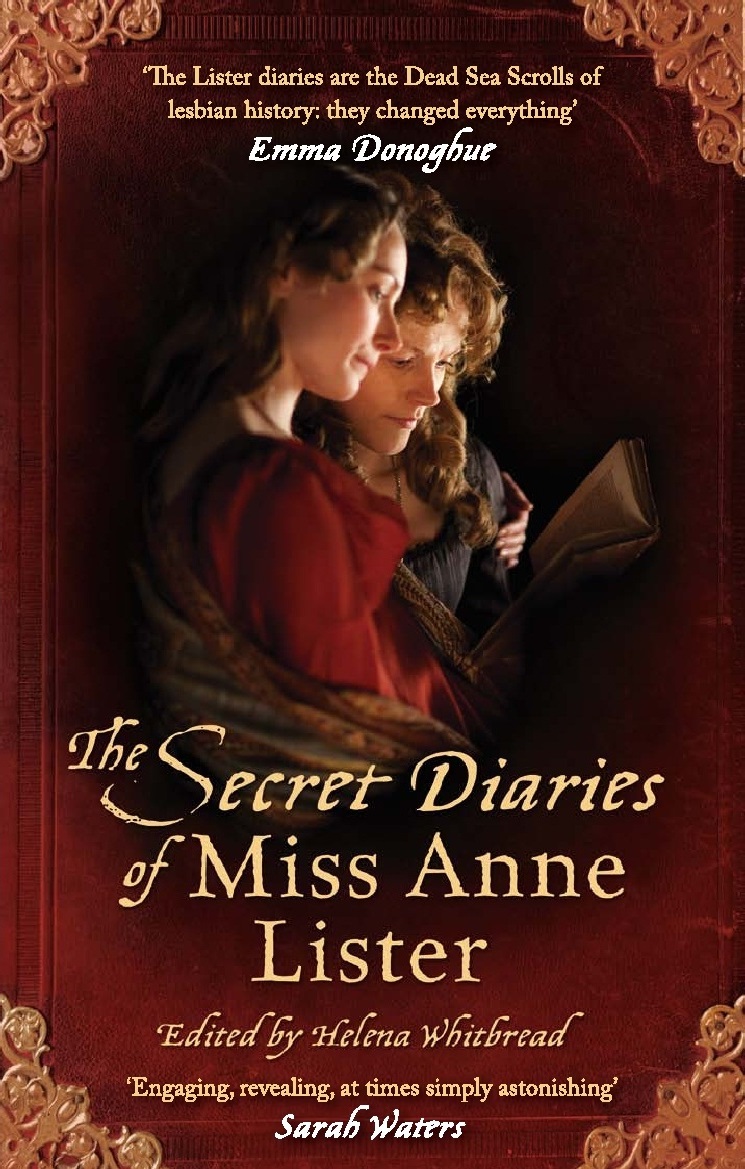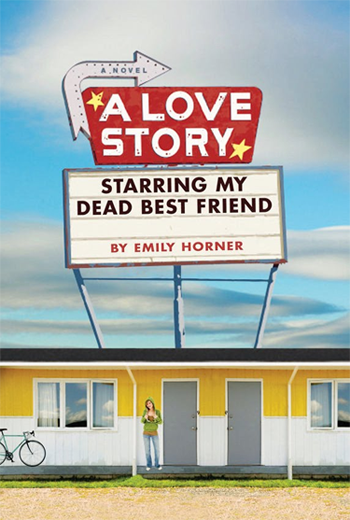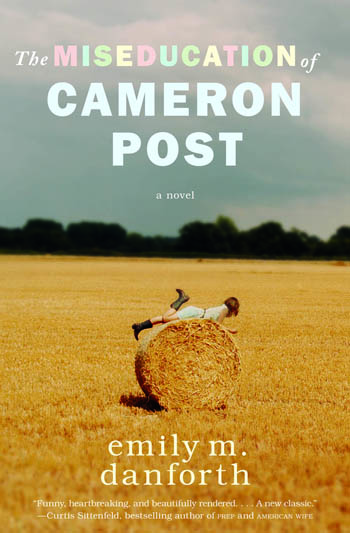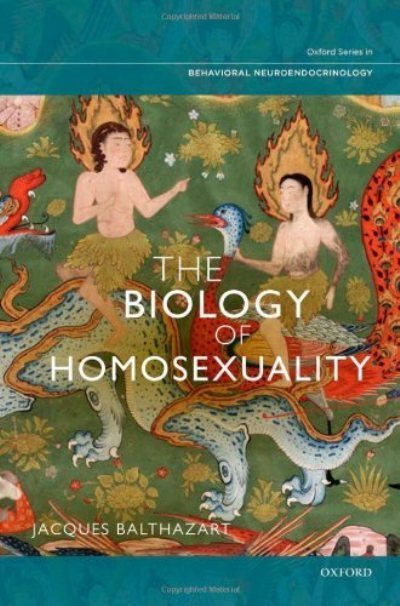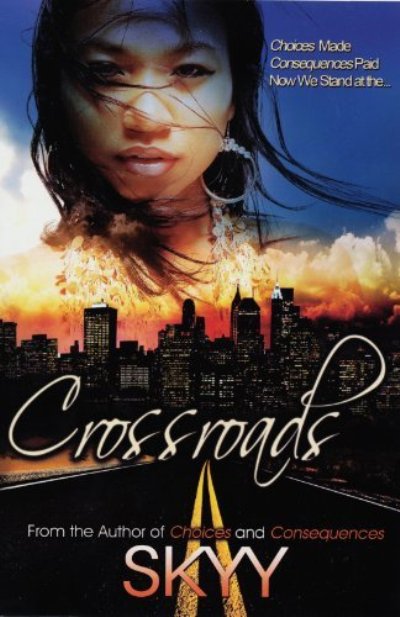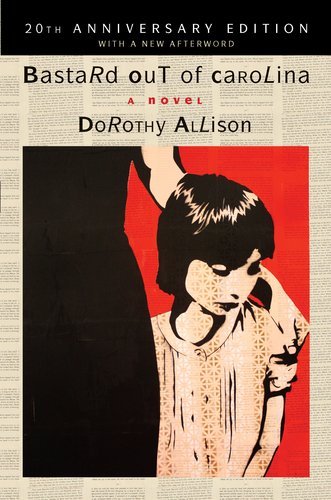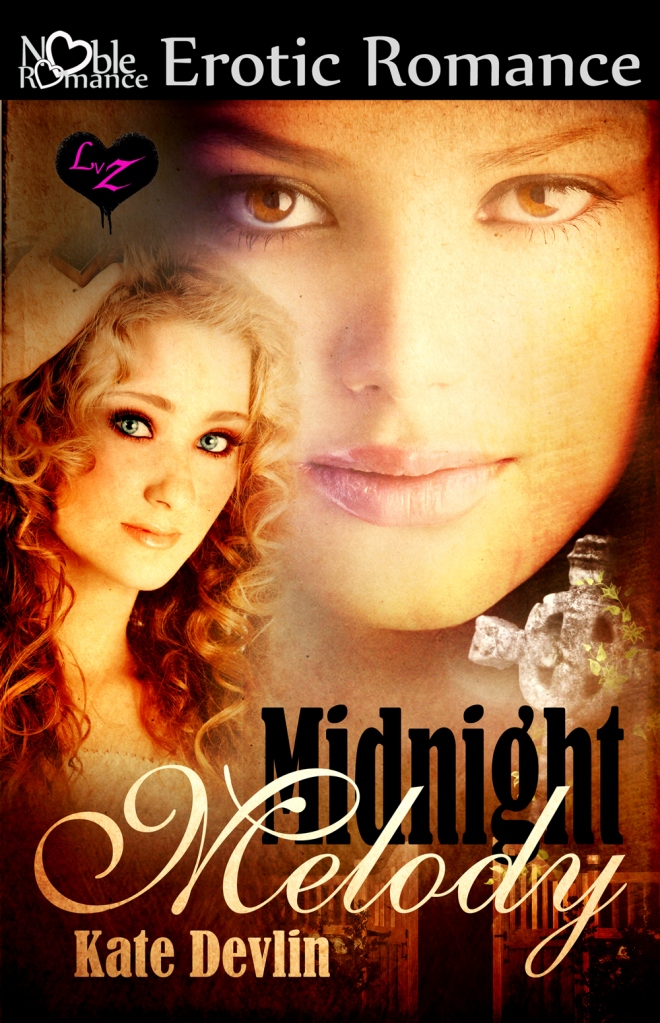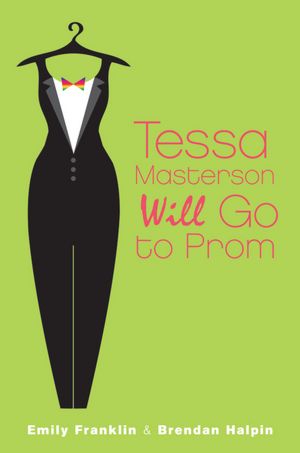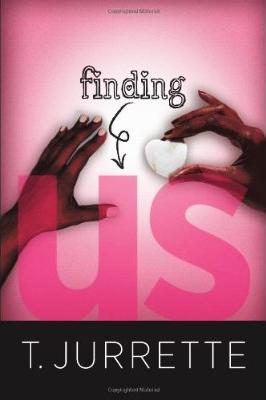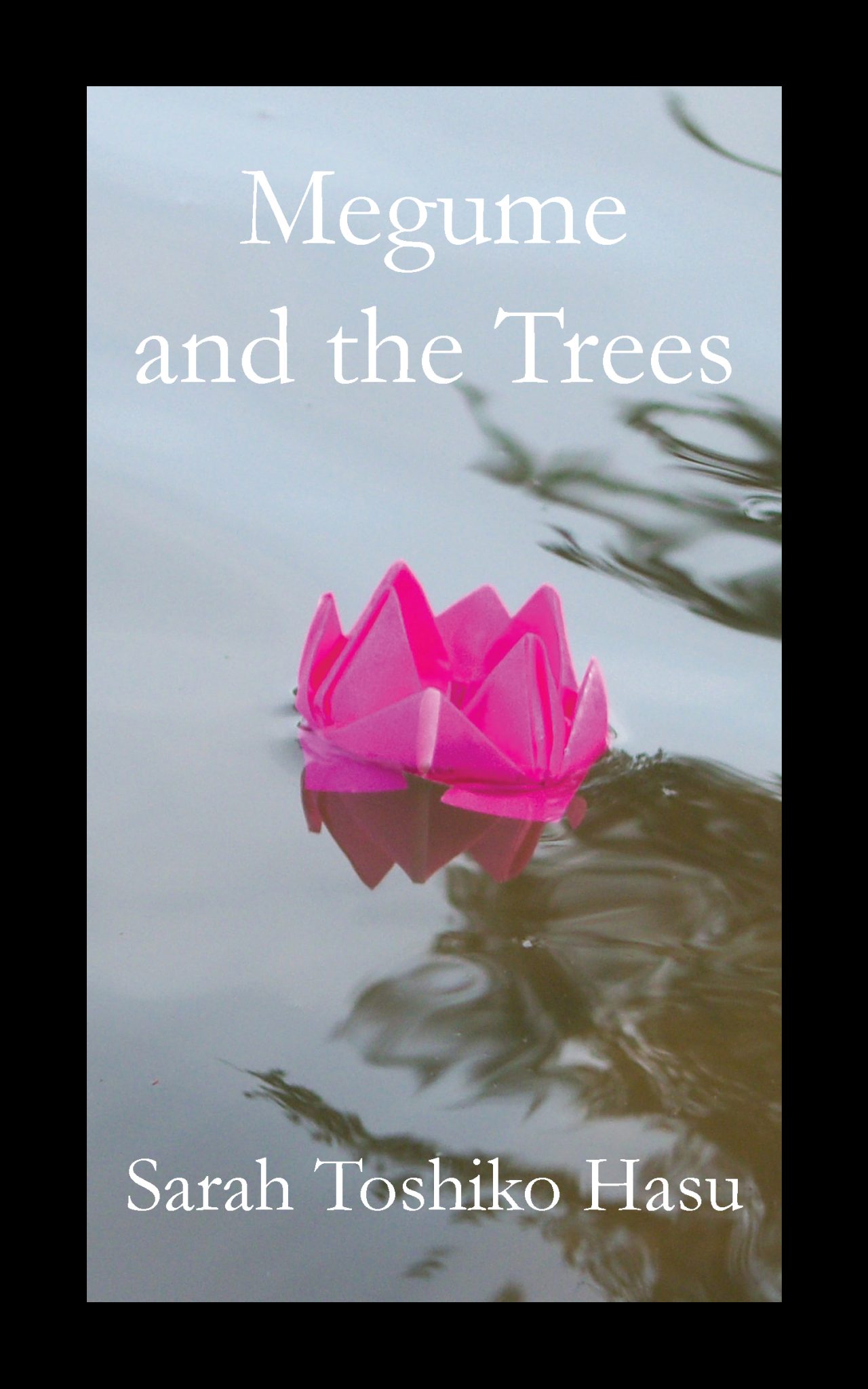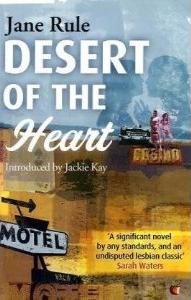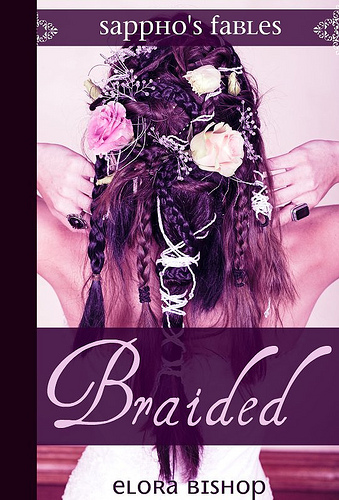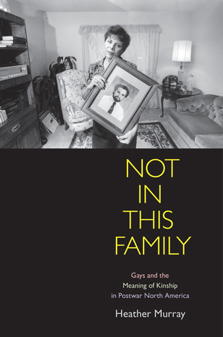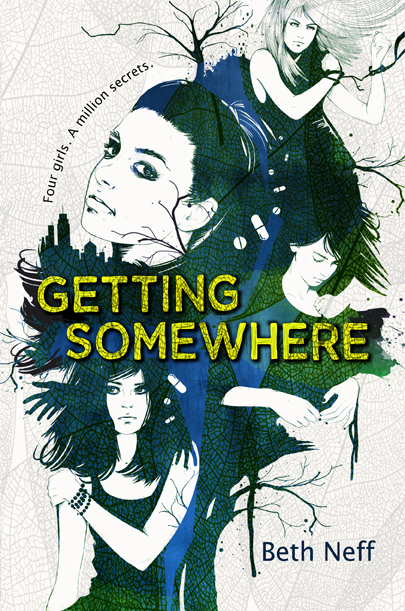
I’m not usually a werewolf (or vampire) novel reader, because I’m not usually a paranormal romance reader, and it’s rare I don’t see the one being synonymous for the other. Alphas falling for mortals, mortals falling for alphas, vampires falling for werewolves, new wolves learning to run a pack and being courted by multiple stunningly attractive romantic interests…it’s not my thing. So I very much appreciated the new twist on the concept of werewolves in Silver Moon! In Lundoff’s novel, (some) women become werewolves when they hit menopause in the idyllic town of Wolf’s Point. They then serve as protectors of the town until the town’s magic releases them and new protectors are chosen. The novel deals mostly with their work of protection and the “coming out” of the main character, Becca, a middle-aged, menopausal, divorced woman who knew nothing about the town’s legacy, as a werewolf. There’s a very slowly developed romantic subplot between Becca and Erin, another Wolf’s Point werewolf (and an out lesbian), but it never takes center stage, nor does it ever get steamy (I do like a good sex scene, so that’s a little disappointing–but sudden, explicit, passionate sex wouldn’t have fit well in the story, so I don’t mind its omission).
The concept is the strongest part of the novel. Becca has friends and a job at a hardware shop, but she doesn’t really see her life going anywhere new, now that she’s divorced with no children. The novel’s menopause-equals-werewolf conceit makes it clear that each new stage of a person’s life opens up the opportunity to discover new things and reinvent ourselves, to a degree–and form new relationships! As a 28-year-old who already worries that, at 30, I’ll be Too Old (to do what, I’m not sure, but there’s definitely the feeling–too old to have kids? To have questions about life? To not have taken over the world yet?), I found it reassuring to read about an older woman, childless and divorced (that is, without the nuclear family structure developed that society tells me is one form of “success”), still having time and room to learn heroic (and romantic) things about herself. The strong friendships of the women, who come from a variety of backgrounds and have different sorts of families, were also a pleasure to see in a novel (as were men who were decent folks, too–I wondered if the wolves would be protecting the town exclusively from male threats, since that seems to be a trend in lesbian SFF: keep evil men in check–but no, they protect the town from all threats, gender-equitably).
On the negative side, the plot fails to live up to the premise. The later half of the novel blurs by in a combination of vague action scenes and long plot lulls. The villains, who the characters treat as a dire threat to the safety of Wolf’s Point, keep leaving windows of opportunity open to the protagonists that only the chronically incompetent would leave open. They make warning after warning, leave powerful protagonists alone with vital supplies and very little guard, and drop without much of a fight, despite the narrative and protagonists talking up how tough the villains are, how seriously they need to be taken, and what they might have done in the past. Speaking of which, what *did* the main villain do in the past? The novel hints at it, but it’s never fully explained.
Worth buying and reading if you’re interested in and want to support alternatives to the usual heterosexual paranormal romance take on werewolves. Pass it up if you’re not a devoted werewolf reader.

